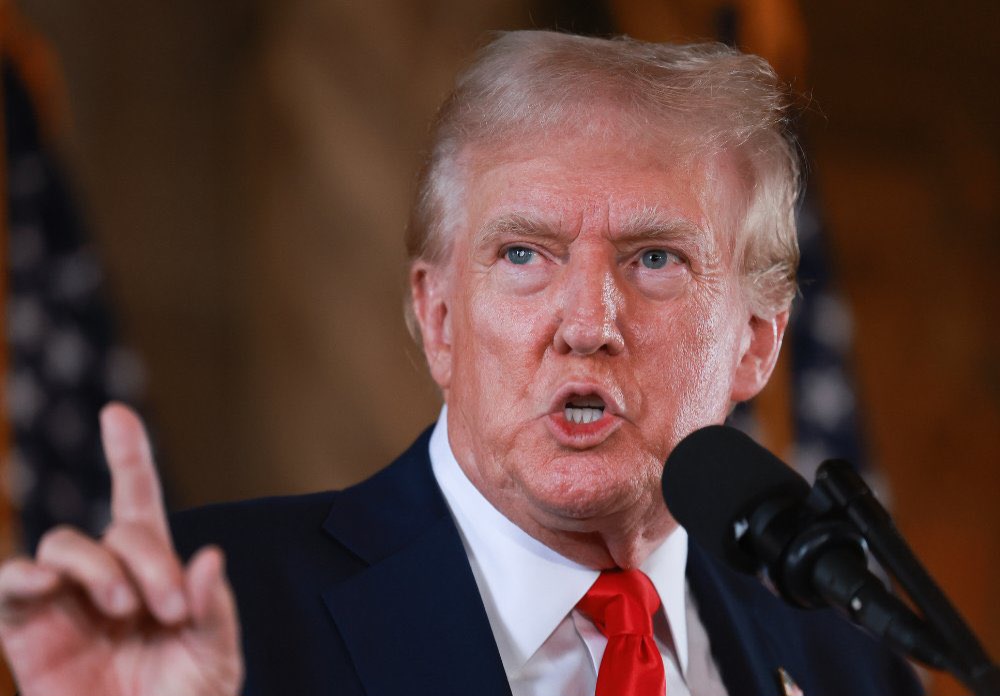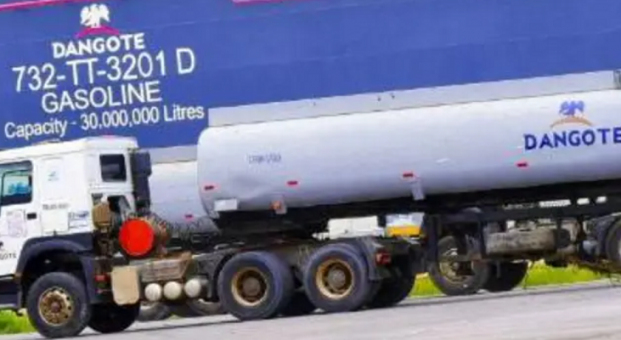The Nigerian government has again increased petrol prices, a major and controversial move that has sparked widespread public protests and raised concerns about its wider impact on the economy and citizens.
Since President Bola Ahmed Tinubu took office in May 2023, petrol prices have increased by more than 355%, and many Nigerians have had to face the harsh reality of daily life as fuel prices continue to soar.
The new reality: rising prices across the country
The latest price increase, which came into effect on September 3, 2024, has increased the price of petrol to an average of 897 naira per litre, with some independent dealers outside major cities such as Lagos and Abuja charging as much as 1,300 naira per litre. This price is a sharp increase from the 197 naira per litre that Nigerians paid more than a year ago.
Petrol stations across the country, including those of the Nigerian National Petroleum Company Limited (NNPCL), have introduced different prices. NNPCL stations Abuja are selling petrol for N997 per litre – only some independent dealers are selling it for N1,018 per litre. However, at Lagos stations, prices range from N700 to N955 per litre.
The situation is exacerbated in areas such as Niger state, where the sudden price hike has crippled economic activity. Transport costs have doubled, and companies have been forced to shut down or operate at a loss. The black market is also rampant, with prices in some places going as high as N1,500 per litre.
Government’s stance: conflicting messages and public confusion
NNPC’s messaging on the price hike has been unclear. When questioned by journalists, Olufemi Soneye, the company’s communications director, claimed he was unaware of the price hike. However, unconfirmed reports on social media that NNPCL’s retail management had approved the price hike further added to public confusion.
Meanwhile, Dangoterefineries began supplying petrol to NNPCL as the sole off-taker, surprising industry stakeholders.
The Independent Petroleum Marketers Association of Nigeria (IPMAN) expressed concern that the arrangement could lead to a monopoly, giving NNPCL a dominant position in the market and stifling competition.
Public reaction: a nation in trouble
Public reaction was overwhelmingly negative; many Nigerians expressed frustration at the rising cost of living. The Nigeria Labour Congress (NLC) condemned the price hike, demanded its immediate reversal and urged Nigerians to prepare for further action to confront what it called the government’s “sinister intentions”.
Criticism was expressed on social media, with many users expressing disbelief at the government’s handling of the matter. Comments ranged from frustration at the worsening economic situation to sarcastic suggestions that Nigerians should switch to bicycles as a means of transportation.
Economic consequences: bleak outlook for businesses and households
The economic consequences of the fuel price hike are already being felt across the country. The Manufacturers Association of Nigeria (MAN) warned that the price hikes will fuel inflation and place a further burden on the already fragile manufacturing sector. With transportation costs expected to rise sharply, prices of goods and services are also likely to rise, pushing more Nigerians into poverty.
Small businesses, especially those that rely on petrol to operate, are also expected to be affected. Many businesses may be forced to shut down operations, leading to job losses and a drop in consumer spending. The impact on households will be equally severe as they struggle to afford basic necessities amid a continued rise in the cost of living.
Criticisms of the policy: Monopoly concerns and economic mismanagement
Critics have also expressed concerns over the government’s decision to make NNPCL the sole buyer of petrol for the refinery. Dangote They argue that the move could lead to a monopoly that would push up prices and limit independent retailers’ access to fuel. The Nigerian Ports Advisory Council (NPCC) warned that the government’s latest move was “inciting protests” and urged Dangote refineries to reduce prices to ease the burden on Nigerians.
Economic analysts have also highlighted the possible long-term consequences of the price hikes. Public affairs expert Clifford Egbomide noted that the price hike could further destabilize the economy, leading to rising inflation and a deepening recession. He called on the government to introduce a price control mechanism to prevent further price increases and protect consumers from exploitation.
Government’s defence: A tough but necessary decision
Despite strong opposition, some within the government believe that the price hike is a necessary step to address the country’s economic problems. Dr. Muda Yusuf, CEO of the Centre for Promotion of Private Enterprise (CPPE), admitted that while the increase in fuel prices is painful for Nigerians, it is an inevitable consequence of the government’s decision to remove fuel subsidies.
Dr. Muda Yusuf noted that the government had previously paid about 500 naira per litre in subsidies, which was unsustainable in the long run. He urged citizens to understand, noting that if no control measures were taken, the cost of subsidies could reach 8 to 10 trillion naira by the end of this year.
Conclusion: The way forward
As Nigerians grapple with the reality of rising fuel prices, the way forward remains uncertain. The government’s decision has sparked a nationwide debate on the country’s economic future and its impact on citizens. As inflation rises and popular discontent grows, the government faces increasing pressure to find a solution that reconciles economic stability and the needs of the people.
The question now is whether the government can manage these turbulent situations without further angering the people and plunging the country into deeper economic and social turmoil. Only time will tell whether the recent price increases will be a step towards economic recovery or a trigger for greater unrest.



